Strengthening Women Entrepreneurship in the Netherlands and beyond
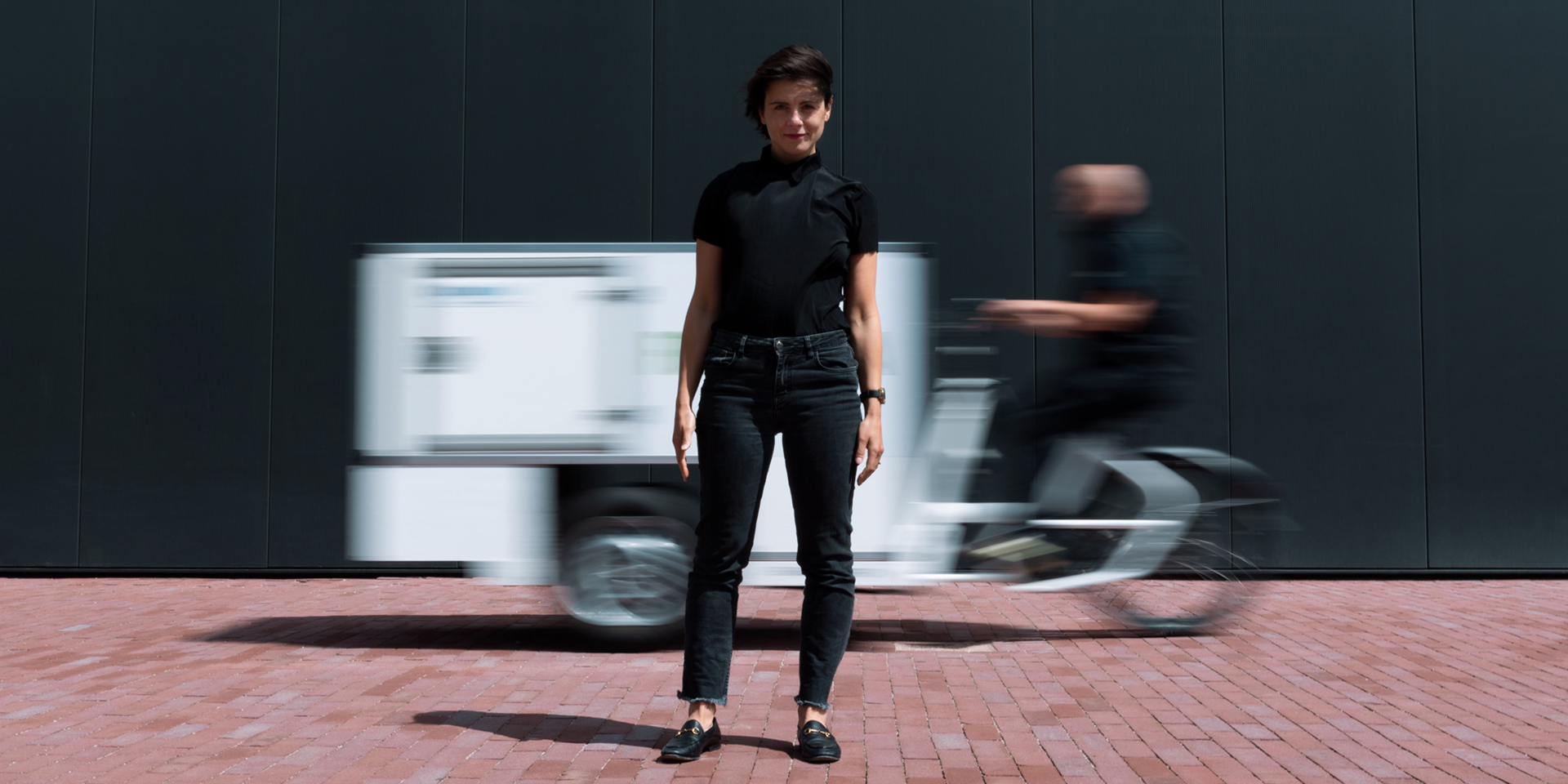
WHY WERIN?
Despite women constituting 52% of the European population, only 34.4% of self-employed and 30% of starting entrepreneurs are women. Since women represent about 60% of higher education graduates, their under-representation amongst start-ups is a clear challenge. Even when they have participated in entrepreneurship education, they are less likely to move towards entrepreneurial careers after graduation. If they do, it is still difficult for female entrepreneurs to get access to the regional entrepreneurial ecosystem.
In the Netherlands, the number of female entrepreneurs is on the rise. Almost 40 % of starting entrepreneurs are women according to the Dutch Chamber of Commerce.
WeRin wants to get even more women to start their own business!
AIMS
1. Increase the share of female graduate entrepreneurs and ensure they are integrated in regional entrepreneurial ecosystems across Europe.
2. Inclusion of women in entrepreneurship education and support programmes.
3. Make women feel invited to the entrepreneurship scene.
Role Models
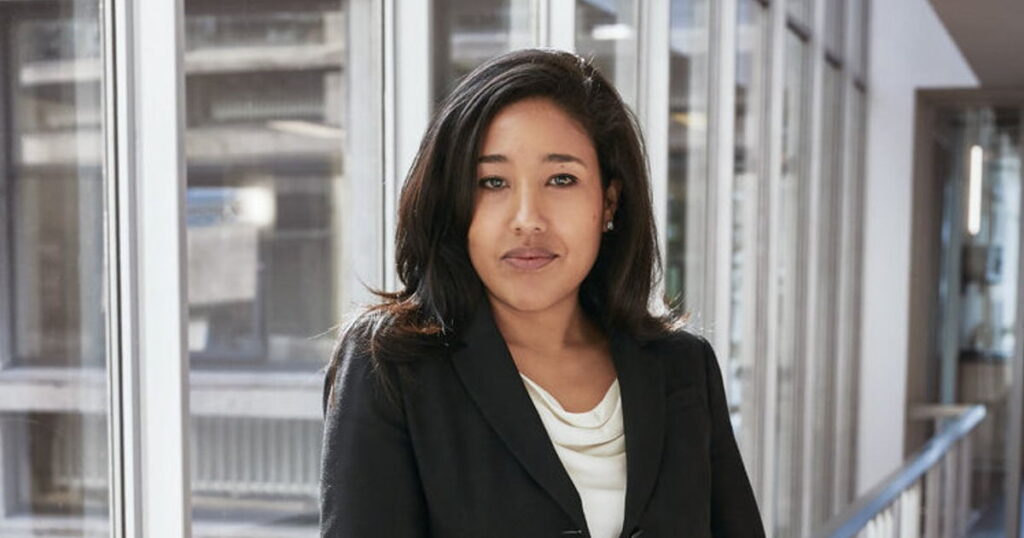
Autheos is a marketing technology platform that uses artificial intelligence to inform video strategy of brands and personalize the video experience for their consumers. Christina Calje was named as “Top Woman Entrepreneur”, one of the Netherlands’ most inspiring women in tech and as an “insipring women in tech who excels in the tech field.”
“Have a positive mindset, this will bring you to have so much energy and confidence and therefore allow you to take the first step.”
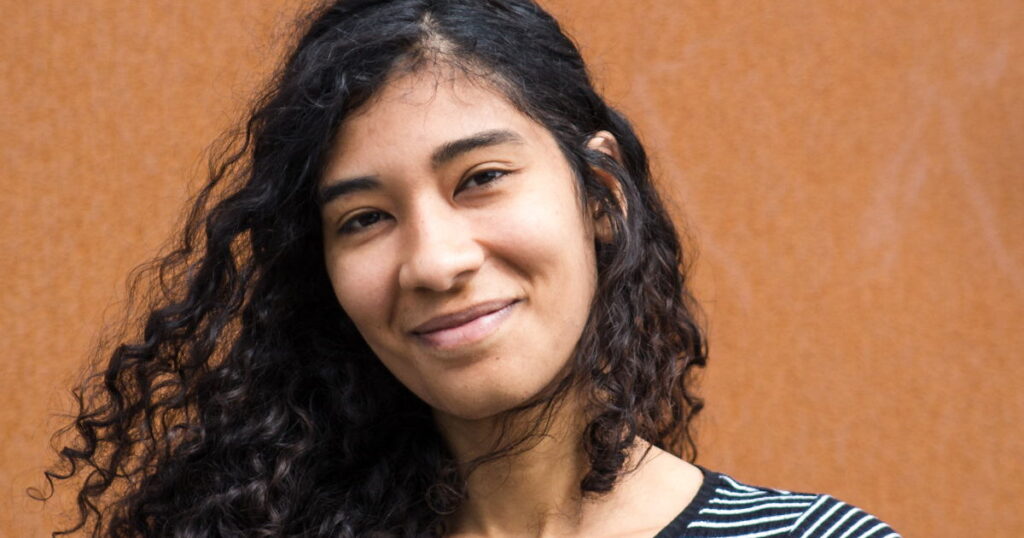
Marcella co-founded Project Cece together with her sister Melissa and her friend Noor Veenhoven. Project Cece, meaning Project Conscious Clothing, is a search engine for sustainable fashion using smart technology to combine all fair and sustainable clothing offered online in one place.
“Do not let perfectionism stop you and make you believe that your product is not yet good enough to be launched.”
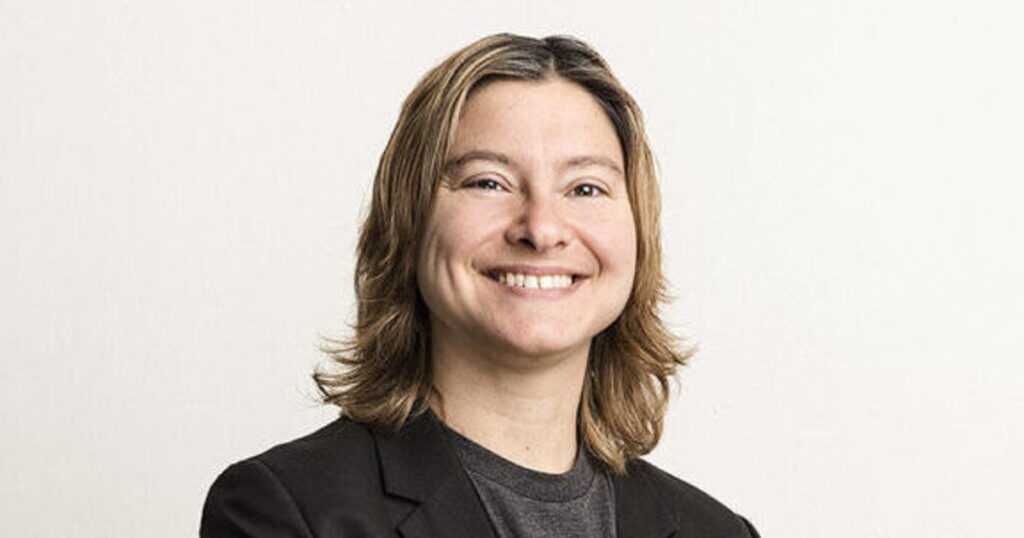
Melanie was named one of the 400 most successful women in the Netherlands, one of the 50 most inspiring women in tech and one of the 9 most innovative women in the EU. read more
Melanie co-founded Radically Open Security, a social enterprise in the computer security space and the world’s first not-for-profit computer security consultancy company.
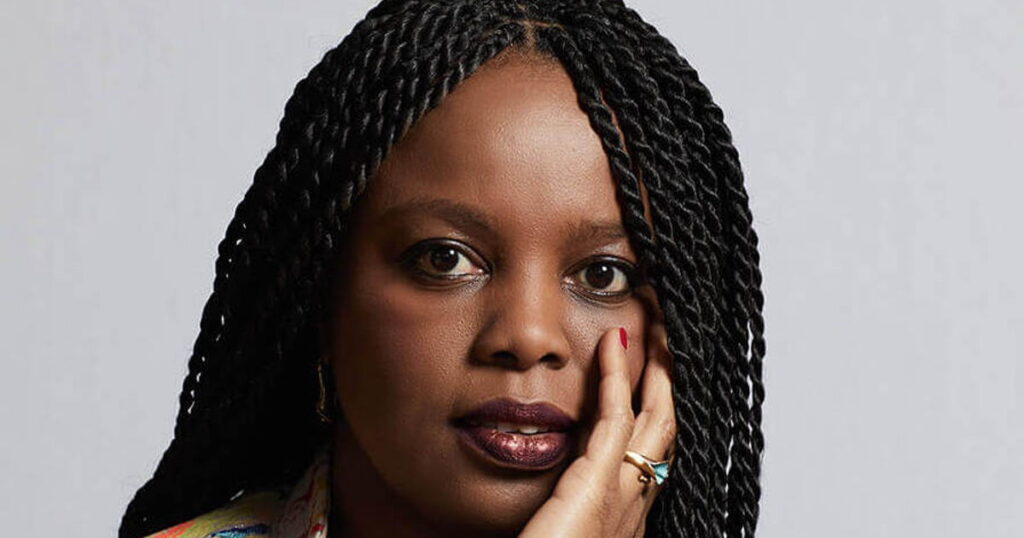
Marian is a social entrepreneur, consultant, CEO and founder of TEDxAmsterdamWomen and FEM-START, which is an online learning platform for female entrepreneurs to bridge the gap in funding. Marian recently published her book ‘IMPACT. Lessons in personal and business leadership.’ where she reflects on her road to leadership and has interviewed both men and women on how they became leaders themselves.
“Raising funding above 1 million is almost impossible, especially in the Netherlands. In 2020, only 11 women raised funding this high. This is 0.8% of the start-ups.”
Marian believes that female entrepreneurs can bridge this gap by educating themselves on how the world of funding works and “sometimes you have to go through the window if the door does not open.”
Research & Discovery
WeRin conducts and supports research in women entrepreneurship, gender inclusivity and inclusive entrepreneurial ecosystems. This academic foundation helps in designing more inclusive education and support programmes to enhance the inclusivity of regional entrepreneurial ecosystems and the embeddedness of female entrepreneurs.
For example, research has found that entrepreneurs presented in the media are overwhelmingly male and Caucasian, to whom most women cannot relate (Kelley et al., 2017). Thus, it is important to showcase a range of different women entrepreneurs, especially by displaying them in sectors that are generally seen as masculine (OECD/European Union, 2017).